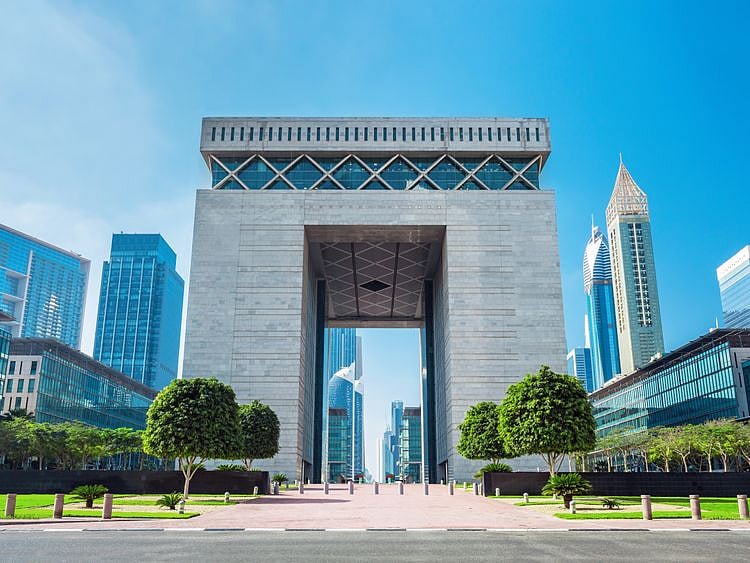UAE office market remains tenant-friendly as landlords offer incentives and attractive lease terms
The office market continues to face headwinds with occupancy levels under pressure

The pandemic has increased the focus on tech adoption, as well as, sustainability and Environmental, Social, and Corporate Governance (ESG), says real estate consultancy JLL's 2021 Insight Report on Property Trends for the Middle East. Dana Salbak, head of research at JLL Mena, says, “Going forward, these themes will define the shape of the real estate recovery in the Middle East.” During 2020, Dubai’s office market saw a total of 194,000 sq m of office GLA delivered, primarily in the DIFC and Downtown Dubai, increasing the total stock to 8.9 million sq m. Meanwhile, in Abu Dhabi, 40,600 sq m of office stock was added, bringing the total supply to 3.8 million sq m. Both office markets remain tenant-friendly as landlords continue to offer incentives and attractive lease terms.
In the office sector, in the short term it will be all about “making do with what you have” for most corporates as cash preservation remains a top priority, says Salbak.
However, in the long-term “relaxing seating densities, and collaborative spaces are likely to be a more permanent feature in a post-Covid-19 office environment. This will mean more meeting rooms, more video/VR space, and more space dedicated to health and wellbeing,” says Salbak.
In retail, with the rise of the online channel, dynamics have changed and there is growing demand for more flexible leases from retailers. It also allows for quicker adaptation and sees innovative operators enter the market, she explains. In hospitality, the trend of co-working will reboot hotels as a one-stop shop. Large corporate occupiers will increase demand for co-working space around densely populated areas, and mobile workers will utilize touch-down points in hotels, particularly in Saudi Arabia and Egypt where long commutes are the norm.
“Hotels have been exploring co-working spaces as an alternative to their meeting and event space, and the focus has increased and it is expected to stay in 2021. This can help hotels significantly strengthen their branding and boost income,” concluded Salbak.
Facing headwinds
Robert Thomas, Head of Agency at Core says “The office market continues to face headwinds with occupancy levels and rents remaining under downward pressure as existing supply issues and limited first phase expansions impact office absorption. Most new demand in 2020 stemmed from relocation activity, particularly from SMEs and regional occupiers as businesses adapted to market conditions. International corporates on the other hand are largely continuing to work from home with their real estate decisions deferred to the second quarter subject to the wider public being vaccinated. On the other hand, over Q4 last year, we saw an increase in leasing enquiries from large local or regional occupiers as they gradually phase back staff into physical offices.”
Thomas adds “With an offset impact, we saw a rise in enquiries from technology firms who witnessed a marked rise in business activity as COVID-19 disrupted occupier behaviours and increased their market penetration. Most technology tenants with healthy cashflows are looking to secure better commercial terms, longer lease terms and early break clauses. Landlords are also willing to provide the same as longer-lease terms helps in limiting vacancy levels.”
New trends in the office market
In 2021, the role of the physical office will remain pivotal as businesses will need common spaces to foster innovation, productivity, company culture and teamwork that are hard to sustain through remote working, says Thomas. “But as most new office demand is dominated by relocation or downsizing activity, maintaining occupancy levels and retaining tenants be the main focus for commercial landlords.” Globally, technology and allied sectors will be the new major landlords, superseding the banking, finance and service industries. This is also being seen in Dubai. This year developers and landlords will also look at refurbishing office units or repurposing retail/mixed-use into office space to optimise asset classes with offices at City Walk, Roof Top in Nakheel Mall and Golden Mile on Palm Jumeirah being prime examples.
Sign up for the Daily Briefing
Get the latest news and updates straight to your inbox
Network Links
GN StoreDownload our app
© Al Nisr Publishing LLC 2025. All rights reserved.